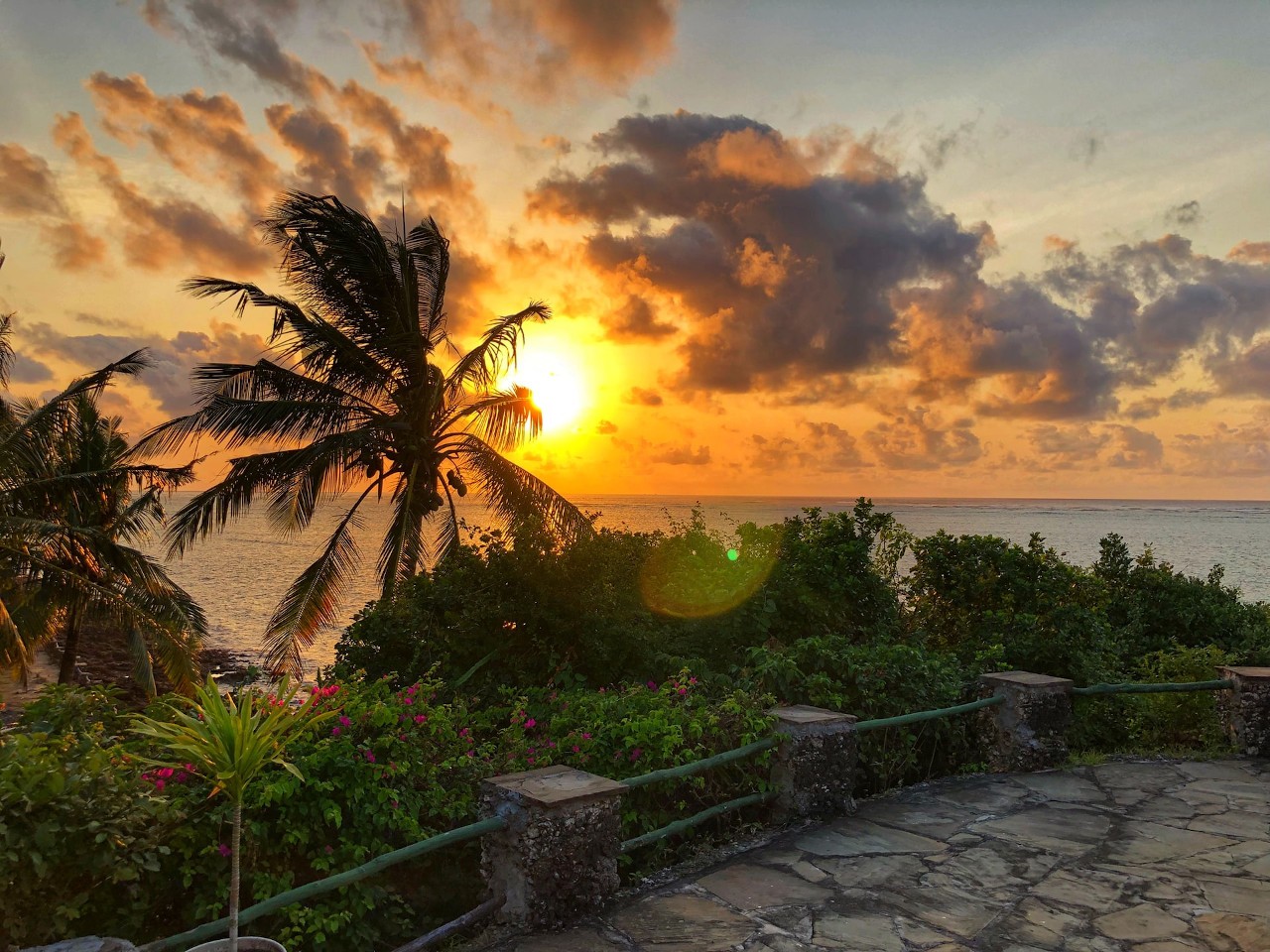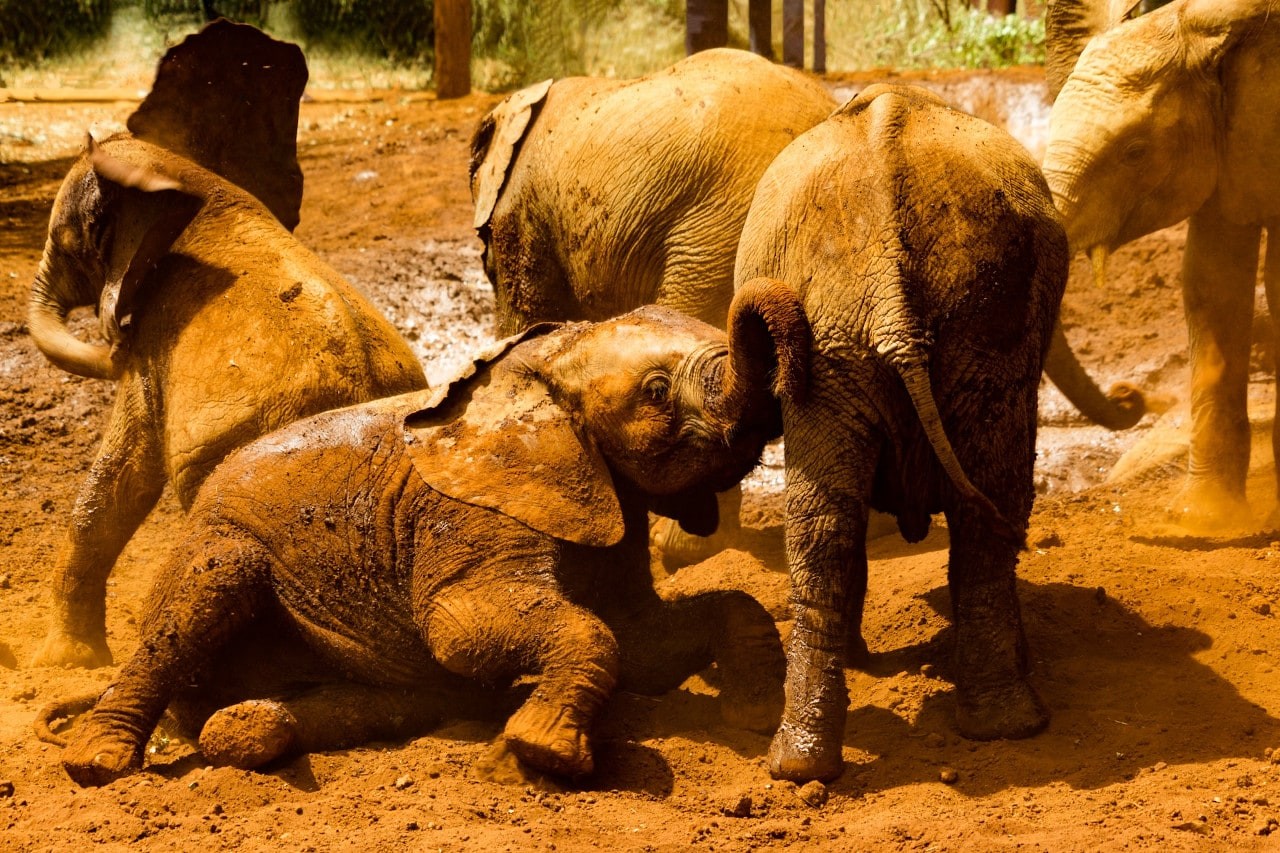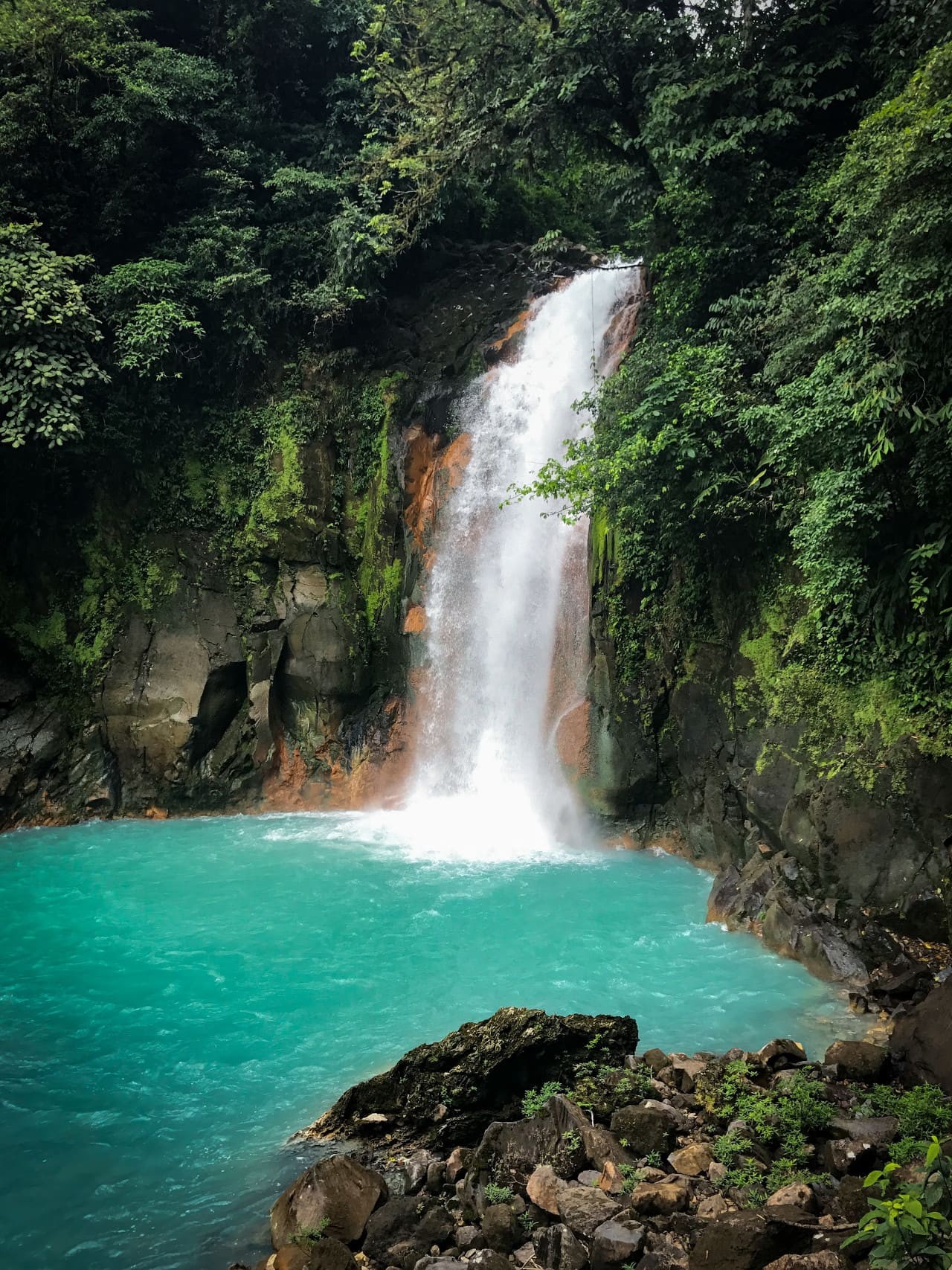Eco-tourism is gaining popularity rapidly, with a projected annual increase of 10%, and SIXT.VN is here to help you navigate sustainable travel options in Vietnam. We’re committed to providing convenient and reliable services that enhance your travel experience while preserving the environment. Explore Vietnam responsibly with SIXT.VN, ensuring eco-friendly adventures, cultural immersion, and unforgettable memories.
Table of Contents
- What is Eco Tourism?
- Why Is Eco Tourism Gaining Popularity?
- Who Benefits from Eco Tourism?
- Where are the Popular Eco Tourism Destinations?
- When is the Best Time for Eco Tourism in Vietnam?
- How Can I Plan an Eco Tourism Trip to Vietnam with SIXT.VN?
- What are the Principles of Eco Tourism?
- What are the Benefits of Eco Tourism?
- What are the Challenges of Eco Tourism?
- What are Some Examples of Eco Tourism Activities?
- FAQ About Eco Tourism
1. What is Eco Tourism?
Eco-tourism is responsible travel to natural areas that conserves the environment and improves the well-being of local people. It’s about minimizing your impact while maximizing your contribution to environmental preservation and community empowerment. It focuses on respecting local cultures and supporting human rights.
Eco-tourism focuses on visiting natural destinations, minimizing environmental impact, and building environmental awareness. According to The International Ecotourism Society (TIES), this includes providing direct financial benefits for conservation, empowering local people financially, respecting local cultures, and supporting human rights. Eco-tourism destinations should focus on minimizing their impact and maximizing awareness.
2. Why is Eco Tourism Gaining Popularity?
Eco-tourism is gaining popularity due to increased environmental awareness, a desire for authentic experiences, and the negative impacts of traditional tourism. People are seeking travel options that minimize their footprint and contribute positively to the destinations they visit.
Several factors contribute to this growing trend:
- Increased Environmental Awareness: Travelers are more conscious of the environmental impact of their choices.
- Desire for Authentic Experiences: People want to connect with nature and local cultures in a meaningful way.
- Negative Impacts of Traditional Tourism: Overcrowding, pollution, and cultural disruption are driving travelers toward more sustainable options.
- Promotion of Conservation: Eco-tourism directly supports the preservation of natural areas and biodiversity.
- Support for Local Communities: It provides economic benefits and empowerment to local populations.
- Educational Opportunities: Eco-tourism offers opportunities to learn about different cultures and ecosystems.
 eco tourism challenges
eco tourism challenges
3. Who Benefits from Eco Tourism?
Eco-tourism benefits travelers, local communities, and the environment through responsible travel practices. It provides economic opportunities, supports conservation efforts, and promotes cultural preservation.
Here’s a breakdown of the beneficiaries:
- Travelers: Gain authentic and enriching experiences, connect with nature, and contribute to positive change.
- Local Communities: Receive economic benefits, empowerment, and opportunities to preserve their culture and traditions.
- Environment: Benefits from conservation efforts, reduced pollution, and protection of natural habitats.
- Conservation Organizations: Receive funding and support for their work in protecting biodiversity and ecosystems.
- Governments: Benefit from sustainable tourism revenue, job creation, and improved environmental stewardship.
4. Where are the Popular Eco Tourism Destinations?
Popular eco-tourism destinations include South America, Southeast Asia, and Africa, offering diverse landscapes and unique cultural experiences. Vietnam is emerging as a prominent eco-tourism destination with its stunning natural beauty and commitment to sustainable practices.
Here are some specific examples:
- South America: The jungles of Brazil and Peru, and Costa Rica with its wildlife parks and refuges.
- Southeast Asia: Laos, known for its untouched landscapes and eco-lodges.
- Africa: Kenya, boasting numerous national parks and coral reefs.
- Vietnam: Offers a variety of eco-tourism experiences from the mountains of Sapa to the Mekong Delta.
5. When is the Best Time for Eco Tourism in Vietnam?
The best time for eco-tourism in Vietnam depends on the region, with the dry season (December to April) being ideal for many areas. However, certain destinations may offer unique experiences during other times of the year.
Here’s a regional guide:
- Northern Vietnam (Sapa, Ha Giang): Dry season (December to April) for trekking and outdoor activities.
- Central Vietnam (Hue, Da Nang, Hoi An): Dry season (February to August) for beaches and cultural sites.
- Southern Vietnam (Mekong Delta, Phu Quoc): Dry season (November to April) for exploring waterways and islands.
- Overall: Consider the specific activities you want to do and the regional weather patterns when planning your trip.
6. How Can I Plan an Eco Tourism Trip to Vietnam with SIXT.VN?
You can plan an eco-tourism trip to Vietnam with SIXT.VN by utilizing our comprehensive services, including customized tour packages, reliable transportation, and eco-friendly accommodation options. We provide seamless and sustainable travel solutions for exploring Vietnam’s natural beauty.
Here’s how SIXT.VN can assist you:
- Customized Tour Packages: Tailored itineraries that focus on eco-friendly activities and destinations.
- Reliable Transportation: Car rental services with options for fuel-efficient vehicles and professional drivers.
- Eco-Friendly Accommodation Options: Recommendations for sustainable hotels, eco-lodges, and homestays.
- Local Expertise: Knowledgeable guides who can provide insights into the local culture and environment.
- Booking Assistance: Convenient online booking platform and dedicated customer support.
 elephant orphanage
elephant orphanage
7. What are the Principles of Eco Tourism?
The principles of eco-tourism include minimizing environmental impact, respecting local cultures, providing economic benefits to local communities, and promoting conservation. Sustainability and responsibility are at the core of eco-tourism practices.
Here’s a detailed look at the key principles:
- Minimize Environmental Impact: Reduce carbon footprint, conserve resources, and avoid pollution.
- Respect Local Cultures: Support local traditions, customs, and heritage.
- Provide Economic Benefits: Ensure that local communities receive fair wages and economic opportunities.
- Promote Conservation: Support initiatives that protect natural habitats and biodiversity.
- Educate Travelers: Raise awareness about environmental and cultural issues.
- Encourage Participation: Involve local communities in the planning and management of eco-tourism activities.
- Sustainability: Focus on long-term environmental and social well-being.
- Responsibility: Encourage responsible behavior from both travelers and tourism operators.
8. What are the Benefits of Eco Tourism?
Eco-tourism offers numerous benefits, including environmental conservation, economic development for local communities, and educational opportunities for travelers. It fosters a deeper understanding and appreciation for nature and culture.
Here are some specific benefits:
- Environmental Conservation: Protects natural habitats, reduces pollution, and promotes sustainable resource management.
- Economic Development: Creates jobs, generates income for local communities, and supports small businesses.
- Educational Opportunities: Provides insights into different cultures, ecosystems, and conservation efforts.
- Cultural Preservation: Supports the preservation of local traditions, languages, and heritage.
- Personal Enrichment: Offers travelers unique and meaningful experiences that foster a deeper connection with nature and culture.
- Community Empowerment: Empowers local communities to manage their resources and benefit from tourism.
- Sustainable Development: Contributes to long-term environmental, social, and economic well-being.
9. What are the Challenges of Eco Tourism?
Eco-tourism faces challenges such as balancing conservation with economic development, managing visitor impact, and ensuring equitable distribution of benefits. Greenwashing and lack of regulation can also undermine the integrity of eco-tourism practices.
Here are some key challenges:
- Balancing Conservation and Economic Development: Finding a balance between protecting the environment and generating economic benefits.
- Managing Visitor Impact: Minimizing the negative effects of tourism on natural habitats and local cultures.
- Ensuring Equitable Distribution of Benefits: Making sure that local communities receive a fair share of the economic benefits.
- Greenwashing: Misleading marketing that portrays tourism activities as eco-friendly when they are not.
- Lack of Regulation: Insufficient oversight and enforcement of eco-tourism standards.
- Cultural Sensitivity: Respecting local customs and traditions and avoiding cultural exploitation.
- Infrastructure Development: Developing sustainable infrastructure that supports eco-tourism activities without harming the environment.
- Climate Change: Addressing the impacts of climate change on eco-tourism destinations and activities.
10. What are Some Examples of Eco Tourism Activities?
Examples of eco-tourism activities include hiking in national parks, bird watching, visiting sustainable farms, and participating in community-based tourism projects. These activities promote environmental awareness and support local economies.
Here are some specific examples of eco-tourism activities you can enjoy in Vietnam with SIXT.VN:
- Trekking in Sapa: Explore the stunning rice terraces and mountain landscapes while supporting local ethnic communities.
- Kayaking in Ha Long Bay: Discover the beauty of this UNESCO World Heritage Site while minimizing your environmental impact.
- Visiting Cuc Phuong National Park: Hike through the rainforest and learn about biodiversity conservation.
- Staying in Eco-Lodges in the Mekong Delta: Experience the local culture and support sustainable tourism initiatives.
- Bird Watching in Cat Tien National Park: Observe rare and endangered bird species in their natural habitat.
- Cycling Tours in Hoi An: Explore the ancient town and surrounding countryside while reducing your carbon footprint.
- Participating in Community-Based Tourism Projects: Support local communities and learn about their traditions and way of life.
- Visiting Sustainable Farms: Learn about organic farming practices and enjoy fresh, locally sourced food.
 the eco tourist
the eco tourist
11. FAQ About Eco Tourism
Here are some frequently asked questions about eco-tourism, along with their answers:
1. What exactly does Eco Tourism mean?
Eco-tourism is responsible travel to natural areas that conserves the environment and improves the well-being of local people. It aims to minimize negative impacts and maximize positive contributions to conservation and community empowerment.
2. How does Eco Tourism differ from traditional tourism?
Eco-tourism differs from traditional tourism by prioritizing environmental conservation, respecting local cultures, and providing economic benefits to local communities. Traditional tourism often focuses on mass tourism and can have negative impacts on the environment and local communities.
3. What are the main benefits of Eco Tourism?
The main benefits of eco-tourism include environmental conservation, economic development for local communities, educational opportunities for travelers, and cultural preservation.
4. What are some challenges of Eco Tourism?
Some challenges of eco-tourism include balancing conservation with economic development, managing visitor impact, ensuring equitable distribution of benefits, and preventing greenwashing.
5. How can I ensure my trip is truly Eco friendly?
To ensure your trip is truly eco-friendly, research and choose eco-certified accommodations and tour operators, minimize your carbon footprint, respect local cultures, support local businesses, and avoid activities that harm the environment.
6. What role does SIXT.VN play in promoting Eco Tourism?
SIXT.VN promotes eco-tourism by offering customized tour packages, reliable transportation, and eco-friendly accommodation options. We provide seamless and sustainable travel solutions for exploring Vietnam’s natural beauty.
7. What are some Eco Tourism activities I can do in Vietnam?
In Vietnam, you can enjoy eco-tourism activities such as trekking in Sapa, kayaking in Ha Long Bay, visiting Cuc Phuong National Park, staying in eco-lodges in the Mekong Delta, and bird watching in Cat Tien National Park.
8. How does Eco Tourism benefit local communities?
Eco-tourism benefits local communities by providing economic opportunities, empowering them to manage their resources, and supporting the preservation of their culture and traditions.
9. What is Greenwashing, and how can I avoid it?
Greenwashing is misleading marketing that portrays tourism activities as eco-friendly when they are not. To avoid it, research and choose eco-certified accommodations and tour operators, and look for transparent and verifiable sustainability practices.
10. Why is Eco Tourism important for the future of travel?
Eco-tourism is important for the future of travel because it promotes sustainable practices that protect the environment, support local communities, and ensure that future generations can enjoy the beauty and diversity of our planet.
Ready to embark on an unforgettable eco-adventure in Vietnam? Let SIXT.VN be your trusted partner in sustainable travel. Visit our website or contact us today to start planning your eco-tourism journey!
Address: 260 Cau Giay, Hanoi, Vietnam
Hotline/Whatsapp: +84 986 244 358
Website: SIXT.VN



